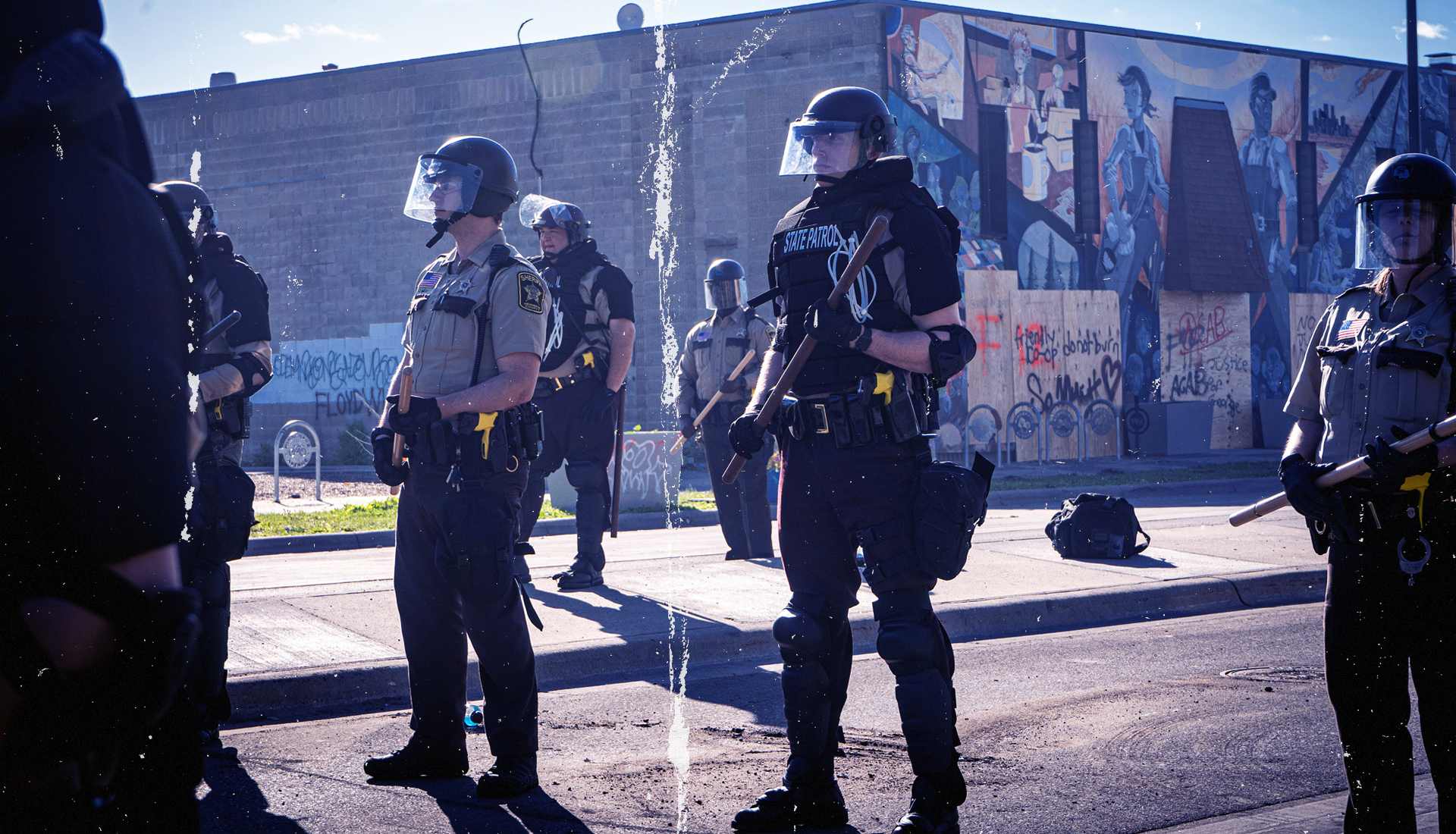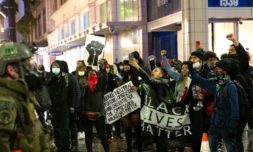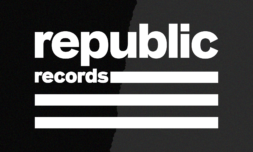The weaponisation of memes is nothing new, but taking on anti-racism has to be its biggest and most significant engagement to date.
Digital natives Gen Z are constantly shifting the parameters of political demonstration and discourse to include online spaces. Now a part of our everyday vernacular, memes are used to make light of serious subjects, to highlight hypocrisies or irony within current affairs, and generally to cause a bit of a circus online for the entertainment of the millions of daily users.
While often playful in spirit, this lobbying by everyday people is becoming increasingly powerful and is having serious real-world impact right now. With the Black Lives Matter movement growing in the US and UK every day, online communities are banding together to ensure that police efforts to control, and in some cases undermine, the protests are futile. It may sound a little dramatic, but we’re seeing all the hallmarks of a digital revolution… one where Tay Zonday, Rick Astley and Squirtle are public symbols of liberation.
Armed with a strange hodgepodge of internet culture, people are executing a multi-pronged digital attack on anti-black content and police surveillance. Here’s what we’ve seen thus far.
Hijacking hashtags
We’re more than familiar with this kind of thing. People grandstanding and adopting popular hashtags to chase clout, or people getting confused and irate about a subject they haven’t quite grasped. Either way, a hashtag’s original purpose is often diluted with irrelevant content, and that can become a frustrating thing.
However, it’s a rare and often hilarious phenomenon when people come together to deliberately hijack an unsavoury hashtag. And that’s what we’re seeing with anti-black tweets. This week, white supremacists attempted to get ‘#WhiteLivesMatter’ trending on Twitter, and if you look right now it’s doing just that. But bigots won’t love the reason why.
Search the hashtag, and you’ll see it’s populated almost entirely by K-pop fancams, Black Lives Matter support pages, and general trolling at the expense of these racist individuals. There’s next to nothing in the way of xenophobic rhetoric. It’s worth pointing out that this paradoxical virality will likely keep #WhiteLivesMatter trending for a while, but the category of the hashtag is now denoted by ‘Music’ and ‘Kpop’ within Twitter’s algorithm, rendering its original message redundant.
Similarly, #BlueLivesMatter – normally a pro-police advocacy tag – is awash with gifs of Sonic, Squirtle, Smurfs, and a whole ensemble of fictional characters denoted by their blue faces. If you want to get lost down a rabbit hole today, this is the place to go. I was literally crying of laughter earlier.
I bet no one will share this!!! Can we get 100 likes for our brave officers???#BlueLivesMatter pic.twitter.com/vTCeGaHtv4
— StelldubsVA 🎙️ 🍉 (@Stelldubs) June 11, 2020




















